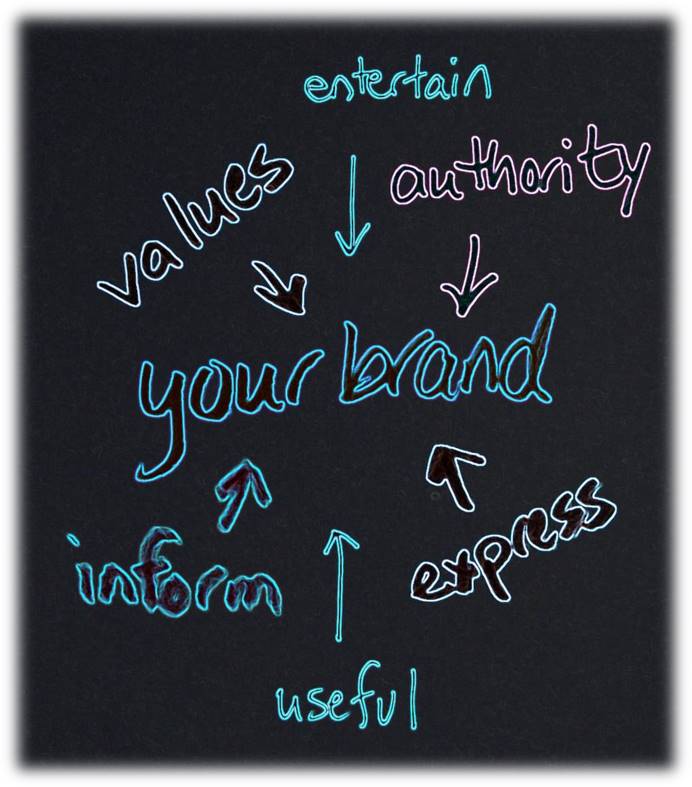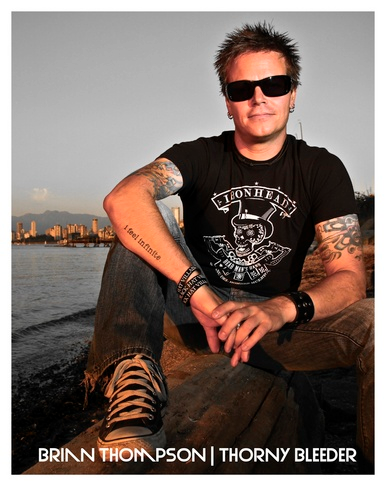In this 12 minute episode I discuss what content marketing is and how musicians can use it to help build their following on social media, bring fans back to their website, and ultimately, encourage people to listen, share and buy their music.
As part of her #TwitterSmarter series, Madalyn Sklar and I held a free online webinar this week that covered content marketing for musicians on Twitter. This (90 minute!) in-depth webinar is full of lots of information, including a Q&A at the end. You can view the webinar replay complete with my audio narration at the link above, or if you just want to see the slides without the benefit of narration, you can view them on my Slideshare. This episode of my Walking The Dog podcast gives you a taste of the webinar.
Inbound marketing, or content marketing, is a marketing technique many businesses are finding very successful and cost-effective (besides email and paid advertising on Google or Facebook.) Content marketing, when done well, attracts fans, influencers, and customers who don’t already know about or follow you. Sharing content that expresses your passions or outside interests (in addition to sharing your music-related content) is a great way to attract attention and pull people in.
In the podcast, I discuss two different ways to use hashtags as part of a content marketing strategy:
- Twitter chats (like #ggchat) and
- subject or genre hashtags
For an example of how NOT to use hashtags (and a little lighthearted humor), check out the YouTube video below the podcast on hashtags by Jimmy Fallon and Justin Timberlake.
If you have tips and tricks to share with my readers on how to use content marketing, or some success stories to share, please do so in the comments section below!




